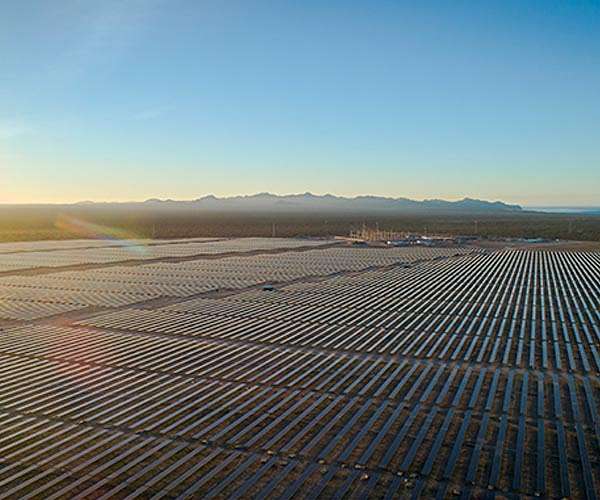2 solar energy projects to provide power for 5 military installations
The Department of Defense is partnering with Duke Energy to provide solar energy to five military bases in North and South Carolina.
The DOD announced the energy partnership with Duke Energy, under which all power produced by two new Duke Energy solar facilities in South Carolina will power the five military bases.
The military bases include the Army’s Fort Liberty, the Marine Corps’ Camp Lejeune and Cherry Point Air Station bases and the Seymour Johnson Air Force Base in North Carolina.
Shaw Air Force Base in South Carolina will also receive power from Duke Energy’s two solar power plants that are under construction and expected to be operational in September 2026.
“By supporting the construction of new clean, renewable energy, we are increasing our resiliency in support of the warfighter and the Department of Defense mission,” Brendan Owens, Department of Defense Chief Sustainability Officer, said in a news release Tuesday.
Owens said the two Duke Energy solar panels “will provide power exclusively to [the] DOD over the term of the 15-year agreement and contribute to a more reliable and resilient commercial electric grid.”
The DOD agreed to pay $248 million over 15 years to obtain an estimated 4.8 million megawatt hours of carbon-free solar energy from Duke Energy.
The federal government is the nation’s largest energy user, and President Joe Biden in 2021 directed federal agencies to achieve 100% carbon-free electricity use by 2030.
Biden’s executive order requires government officials to “support the growth of America’s clean energy industry … in a way that is good for taxpayers and communities,” said Andrew Mayock, chief sustainability officer at the White House Council on Environmental Quality.
Duke Energy recently implemented its Green Source Advantage program to provide renewable energy to its five military bases.
“As our large enterprise customers plan for the future, they also have increasingly specific decarbonization goals,” said Meghan Dewey, vice president of Duke Energy.
Dewey said these goals require “access to renewable energy sources that can support these needs.”
DOD officials agree.
“This project is a tremendous opportunity to help our military departments and our warfighters meet their decarbonization goals,” said Air Force Col. Jennifer Neris.
Army Assistant Secretary for Installation, Energy and Environment Rachel Jacobson said the Duke Energy partnership is “essential to delivering energy resiliency for the Army.”


